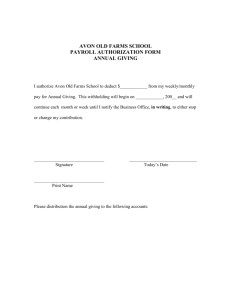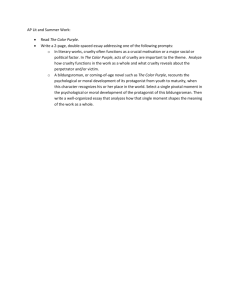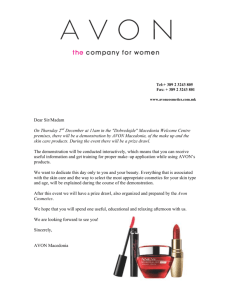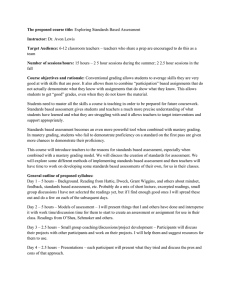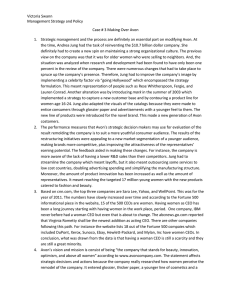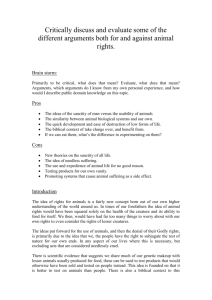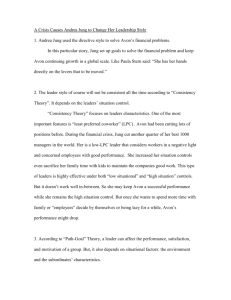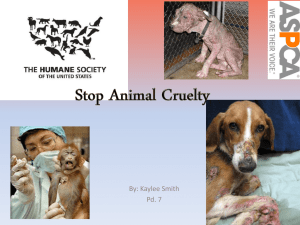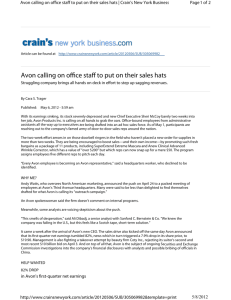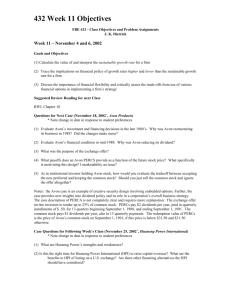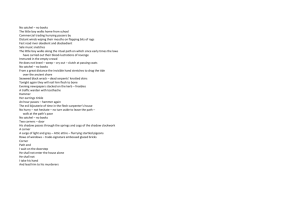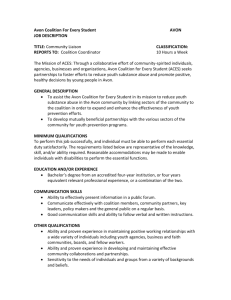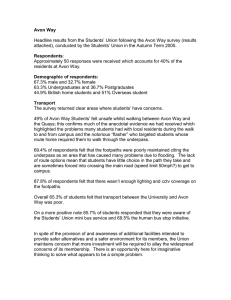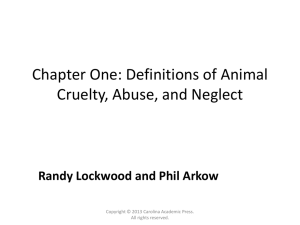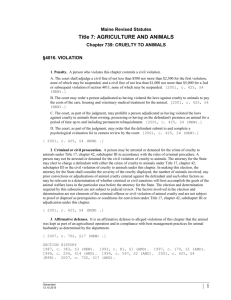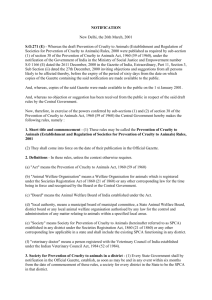File
advertisement
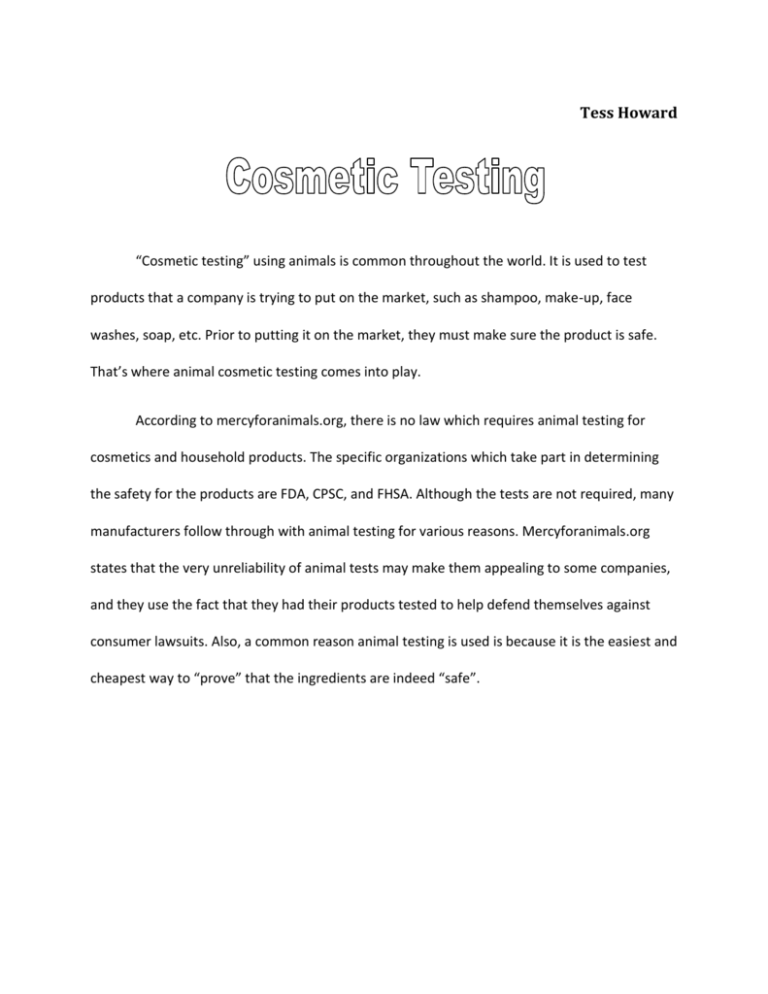
Tess Howard “Cosmetic testing” using animals is common throughout the world. It is used to test products that a company is trying to put on the market, such as shampoo, make-up, face washes, soap, etc. Prior to putting it on the market, they must make sure the product is safe. That’s where animal cosmetic testing comes into play. According to mercyforanimals.org, there is no law which requires animal testing for cosmetics and household products. The specific organizations which take part in determining the safety for the products are FDA, CPSC, and FHSA. Although the tests are not required, many manufacturers follow through with animal testing for various reasons. Mercyforanimals.org states that the very unreliability of animal tests may make them appealing to some companies, and they use the fact that they had their products tested to help defend themselves against consumer lawsuits. Also, a common reason animal testing is used is because it is the easiest and cheapest way to “prove” that the ingredients are indeed “safe”. The tests are conducted in a numerous ways, according to the type of product being tested. In one of the tests, according to mercyforanimals.com, a liquid, flake, granule or powdered substance is dropped into the eyes of rabbits. Laboratory technicians record the damage done to the eye tissue at specific intervals over 72 hours, maybe lasting 7-18 days. In order to keep the rabbit’s head still, they are placed in “stocks” to reduce their mobility. Another type of test is called the “acute toxicity test”, which according to mercyforanimals.org is also called “lethal dose” or “poisoning tests”. These tests are used to determine how much of one substance can be used until it causes mortality. When conducting these tests, the substance is forced by tube into the animal’s stomachs/through holes in their throat/injected under the skin, into a vein, or abdomen/mixed into food/inhaled/put into the eyes, rectum, or vagina. The animals are used to determine how one would react to the amount of substance given. There are both pros and cons on the topic of animal testing according to buzzle.com. PROS Various dangerous diseases like herpes simplex, hepatitis B, polio, rabies, malaria and mumps have been treated owing to medications developed from tests on animals. Results through medical research on animals have led to improvement in medical procedures like blood measurement, lung diseases diagnosis, heart diseases diagnosis and various pacemaker technologies. One of the most important techniques in medical surgery, anesthesia has been developed after it has been tested on animals. CONS Animals go through severe pain during the tests. Months of torture leads to loss of eyesight loss, organ failure and many more dangerous consequences on animal health. Just to see the affects of chemicals, animals are imprisoned and observed over certain period of time. A study suggests that less than 2% of illnesses that affects humans are ever found in animals. There are some alternative ways to test out products without the use of animals, according to associatedcontent.com and all-creatures.org, such as “TestSkin” which uses human skin grown in a sterile plastic bag and can be used for measuring irritancy, and “EpiPack” which uses cloned human tissue to test potentially harmful substances, as well as Eytex, Skintex, Neutral Red Bioassay, TOPKAT, Ames Test and Agarose Diffusion Method. If there is any hesitation of knowing whether or not a specific company tests their products on animals, there should be a label on the substance verifying whether they do or do not in most cases. A quote on associatedcontent.com by Mohandas K. Gandhi says it best, "To my mind, the life of the lamb is no less precious than that of a human being. I should be unwilling to take the life of the lamb for the sake of the human body. I hold that, the more helpless a creature, the more entitled it is to protection by man from the cruelty of man." I agree with that statement entirely, and am completely anti-animal testing. I do not feel that it is an ethical decision and I believe that it is unfair to the animals who cannot speak up for themselves, and for that, they must suffer. I could never imagine one of my pets or any animal that I have come across to know going through such horror. Brittany Landers, in her article “Animal Testing: Unnecessary Cruelty?” states a very important tip which consumers should take if they are anti-animal testing. She says, “As consumers, we can make a difference in the lives of innocent animals by purchasing only products deemed "cruelty free" and by writing to the companies that still test animals to let them know why we will no longer purchase their products.” A product which does not test on animals and will not give in to the process unless it is required by law is Avon. According to John N. at the Avon Information Center, he stated that, “On June 2, 1989, Avon announced a permanent end to all animal testing of our products, including testing done in outside laboratories.” He also said that, “Our approach to safety evaluation uses data from in vitro (test tube/cell culture) or clinical tests (on human volunteers). We also reference existing animal-testing data.” This information is proof that there are companies who can and will make products safe for their consumers without risking the lives of innocent animals. If it can be done, why not do it?
